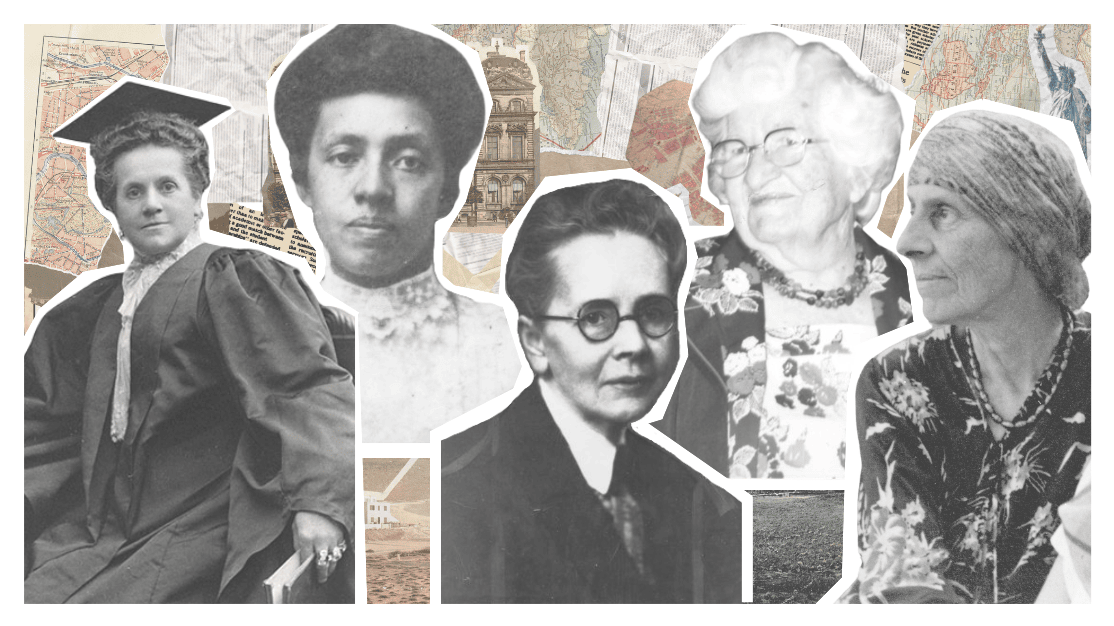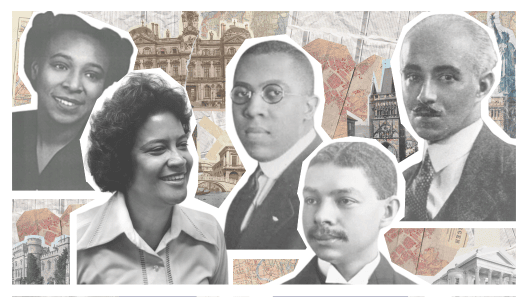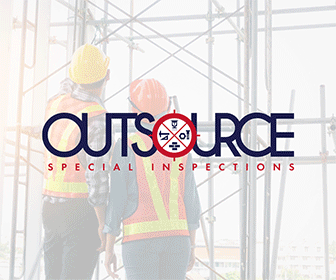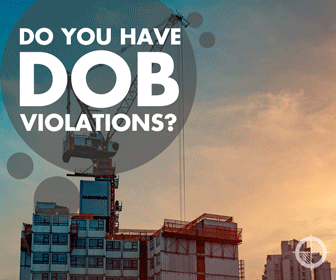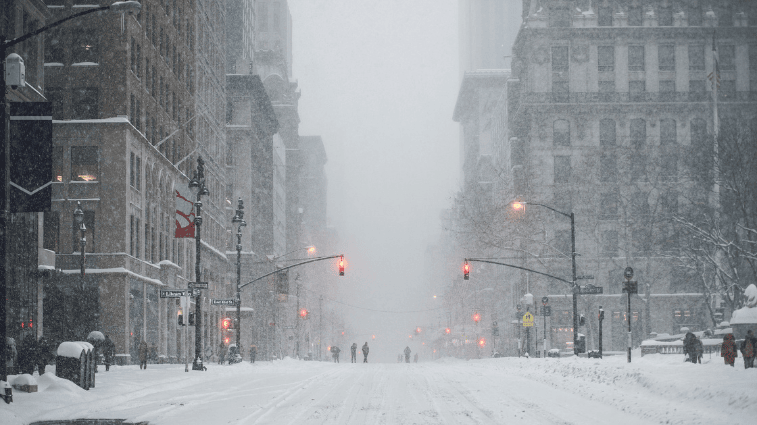
Handling The Heat: Introducing Gas Heat Limitations
On January 1st, New York City launched a major milestone for green energy.
Beginning this year, new buildings will be phasing out gas heat in favor of electrification, due to carbon emission restrictions introduced by the NYC Department of Buildings (DOB).
The limitations were originally proposed in Local Law 154 of 2021, as a part of the city’s long-term plan for reducing carbon emissions. The law restricts onsite fuel combustion to no more than 25 million British Thermal Units (BTUs) of carbon dioxide, which rules out natural gas heating. This year marks the beginning of a phased process that aims to significantly limit the city’s reliance on gas heat by 2027.
Almost 40% of the city’s carbon emissions are produced by fossil fuel furnaces, boilers, and hot water heaters—more than all uses of electricity and district steam combined. Considering NYC’s freezing winters, it’s no wonder heat is such a large contributor to emissions!
New buildings that fail to comply with these regulations will be denied permits and approvals for construction documents. To verify compliance, DOB Now will require extra questions when submitting the files for a New Building (NB) or Alteration-CO New Building with Existing Elements to Remain. These questions, which can be found under the Plans/Work (PW1) and the Schedule of Occupancy tabs, determine whether your building must comply with the fuel combustion limitations.
The Proposed Timeline
Currently, the restrictions only apply to low-rise buildings; this includes Group R-3 buildings, which are one- and two-family homes, and all occupancies less than 7 stories tall. The law will include other types of buildings as the year progresses.
The timeline for future compliance is as follows:
- January 1, 2024 for Group R-3 buildings, plus buildings under 7 stories, except for service HW (see exemptions).
- December 31, 2024 for public school buildings.
- December 31, 2025 for affordable housing* under 7 stories, except for service HW (see exemptions).
- July 2, 2027 for all occupancies under 7 stories, including service HW.
- December 31, 2027 for affordable housing* over 7 stories, including service HW.
*For a building to be considered affordable housing, 50% or more of the units must qualify under federal, state, or local governmental law.
Exemptions
Certain buildings and spaces are exempted from Local Law 154, including:
- Utility buildings used to generate electricity or steam.
- Buildings used for sewage treatment or food waste.
- Spaces where fuel combustion is required, such as for manufacturing, laundromats, laboratories, hospitals, crematoriums, commercial kitchens, or emergency/standby power.
Besides the exemptions mentioned above, service hot water (HW) will be allowed in new buildings until 2027, as the law plans to ease construction into the limitations at a steady pace. However, LL154 will eventually prohibit all onsite fossil fuel combustion, including service HW.
Conclusion
These new combustion limitations may prove to be a challenge for construction in NYC, but it's a necessary step towards cleaner air and a healthier planet. It may also help larger buildings stay under their carbon emissions cap, as the benchmarks imposed by Local Law 97 continue to accelerate in 2024.
If you’re feeling overwhelmed about these new restrictions, or if you’re looking for guidance on building code and zoning requirements, reach out to the experts at Outsource Consultants, Inc. to get your building up to code.
Resources
- Local Law 154 of 2021: On-site Fossil Fuel Combustion Limitations
- Follow-up #1 – Local Law 154 of 2021: On-site Fossil Fuel Combustion Limitations in DOB NOW
- NYC Buildings: Building Electrification

